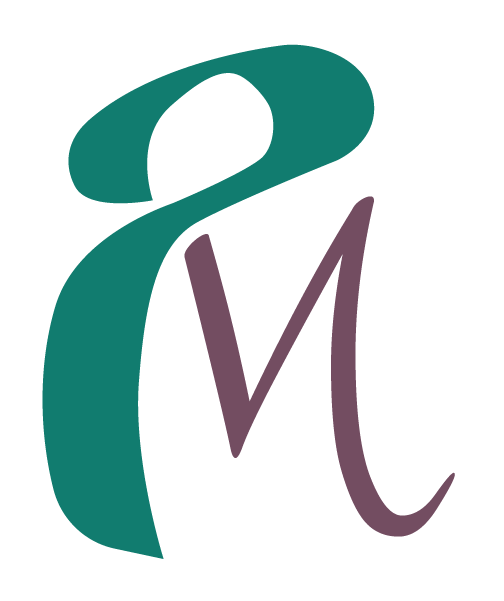Want to Become a Translator?
I have been translating for publication since 2009, but I did not open my own business until 2017. So I still consider myself a junior professional translator, yet people are already asking me questions about my experience and seeking my advice on how to enter this field. In this post, I provide a brief overview of the industry of translation and lots of helpful resources. I may return to this post to update it with further resources that stand out as particularly helpful.

Literary Translation
‘Literary translation’ refers to the translation of literary works (such as novels, short stories, and poetry). The translator may choose the project, or be offered the project, and the end goal is generally publication. Unfortunately, especially in the United States, this work is viewed as more creative than professional. That is to say, the institutions of the industry are arranged in such a way that there is very little funding for literary publications. For more on this point, see:
- Three Percent #91: Translators, Rates, Money, and Unions This Three Percent Podcast episode focuses on rates for literary translation, and includes discussion of the industry of literary translation and publishing
To launch your career in literary translation, check out these resources:
PEN America – supports and advocates for literary translatorsprovides the PEN/Heim translation grant (helps translators get their work published) and other grants, a sample contract, and other resources including:
Bridges 4-part video series: Breaking In, Editing, Contracts, Bookselling
For junior literary translators in the US, join the Emerging Literary Translators’ Network in America (ELTNA)
Consider joining the American Literary Translators Association (ALTA) and attending the annual conference
Consider joining the ATA (American Translators Association) and participating in its Literary Division. See here for its list of awards and grants!
You may want to consider investing in educational qualifications, for example an MFA, like this one at Boston University.
Commercial Translation
‘Commercial translation’ refers to the translation of texts for clients, whether direct clients or through agencies. For those interested in this branch of the translation industry, I recommend familiarizing yourself with the American Translators Association (ATA), as well as your local association, if you are based in the US. The ATA site includes many resources, such as: a free ebook for new translators, free webinars (I found this one by Jamie Hartz very helpful when setting up my business) and information about the annual conference (I plan to attend in Boston in 2020!).
The main online community for commercial translators is Proz (and secondly, TranslatorsCafe). Here you can post a profile, receive notifications of new jobs, and get to know the communities of colleagues and clients. More resources:
Book: The Prosperous Translator by Chris Durban
Book: How to Succeed as a Freelance Translator by Corinne McKay
Podcast: Speaking of Translation covers many important topics. For example, this episode is devoted to computer-assisted translation tools.
Computer-assisted translation (CAT) tools are a significant investment for commercial translators, and their uses and limitations are worth considering. CAT tools are incredibly useful for repetitive work, such as similar types of projects. For example, in some cases, there are hundreds of specialized, preferred terms in a project. These kinds of translations tend to be less context-driven. However, translation memory tools are less helpful “where the emphasis is on the flow of the text,” such as a blog or book chapter.
In addition to translation, other multilingual services may include subtitling, editing/proofreading, interpreting, transliteration, and transcription. For more information about transcription, check out Jamie Hartz’s interview about offering this service in this episode of the podcast Globally Speaking. For coaching on starting your translation business (from an expert in marketing, who is also an experienced translator in Swedish and English), see this or other courses by Tess Whitty.
Want more information or advice from me?
Contact me to schedule a private consultation!
My Perspective
My personal strategy is to combine literary and commercial endeavors in order to use my skills to help others and to fund projects according to my own interests. I also enjoy meeting the challenges provided by different kinds of documents, aimed at multiple audiences. However, every translator needs to specialize (How else could you distinguish your services? Only by being fastest or cheapest, the latter of which is a race to the bottom.) Here are some tips by Tess Whitty for choosing a specialization.
A Final Note for All Language Specialists
For translators, interpreters, language teachers, and language learners more generally, check out this podcast episode for tips on maintaining your secondary language, especially for French resources. This podcast (Speaking of Translation) also has lots of episodes on other topics of interest.

Image Credits:
Beginning Image from Shutterstock. Arabic calligraphy roughly meaning “Life is sweet.”
Ending Image “World of Love” calligraphy by Wissam Shawkat.
Happy International Translation Day!
